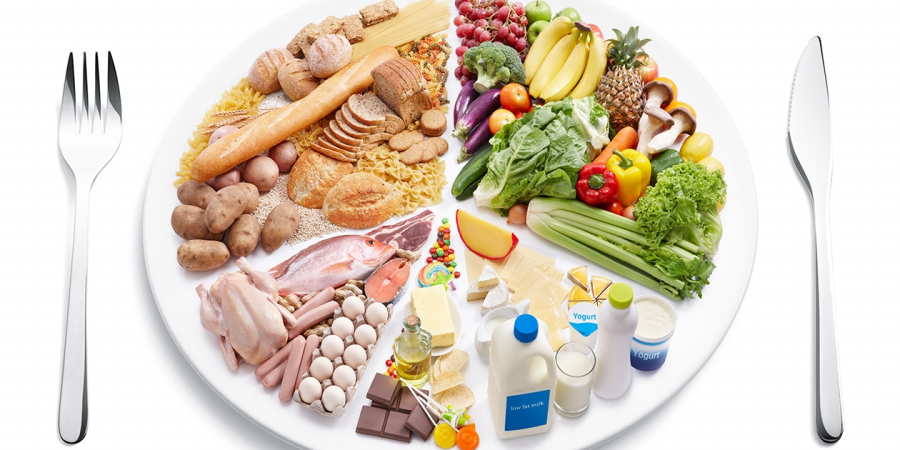

Diet foods refer to foods that are typically lower in calories, fat, and sugar, designed to help people manage their weight or achieve specific health goals. The idea behind diet foods is to provide essential nutrients while reducing calorie intake, thereby promoting healthier eating habits without compromising taste or nutrition.
A key component of diet foods is portion control. They are often packaged or portioned in a way that prevents overeating. For example, pre-packaged snacks and meals may come in single-serving sizes that are convenient and help you avoid consuming too much at once. These foods typically contain fewer empty calories—calories that come from added sugars or unhealthy fats that offer little to no nutritional value. Instead, they emphasize nutrient-rich ingredients like fiber, lean proteins, and whole grains.
Fruits and Vegetables
Fruits and vegetables are staples in most diets because they are low in calories and high in essential vitamins, minerals, and fiber. Fiber helps you feel full longer, making it easier to control portion sizes. Vegetables like leafy greens, broccoli, and carrots are excellent choices for anyone looking to maintain a balanced diet. Fruits like apples, berries, and citrus fruits are also low-calorie options packed with nutrients and antioxidants that support overall health.
Lean Proteins
Another important part of diet foods is lean proteins, such as skinless poultry, fish, tofu, and legumes. These protein sources help with muscle repair and growth while providing lasting energy. Compared to higher-fat animal products like red meat and processed meats, lean proteins have fewer calories and unhealthy fats.
Whole Grains
Whole grains such as quinoa, brown rice, and oats are better choices than refined grains like white rice and white bread. Whole grains contain more fiber, which not only helps with digestion but also provides sustained energy and keeps hunger at bay. They also contain more vitamins and minerals that are often stripped away during processing.
Low-fat Dairy and Alternatives
Low-fat dairy products like yogurt, milk, and cheese can be part of a diet food plan. These offer a good source of calcium and protein without the extra calories and saturated fats found in full-fat dairy products. For those who are lactose intolerant or prefer plant-based options, alternatives like almond milk or soy yogurt can be great substitutes.
Healthy Fats
While diet foods often reduce fat content, it's essential to remember that not all fats are bad. Healthy fats, such as those from avocados, nuts, seeds, and olive oil, can support heart health and help you feel satisfied. These fats are also rich in essential fatty acids that your body needs to function properly.
Incorporating diet foods into your daily meals is about creating a balanced plate—one that includes a variety of whole foods that nourish your body while helping you meet your weight or health goals. Eating nutrient-dense foods can improve your overall well-being, boost energy, and support a sustainable, long-term approach to healthy living.
